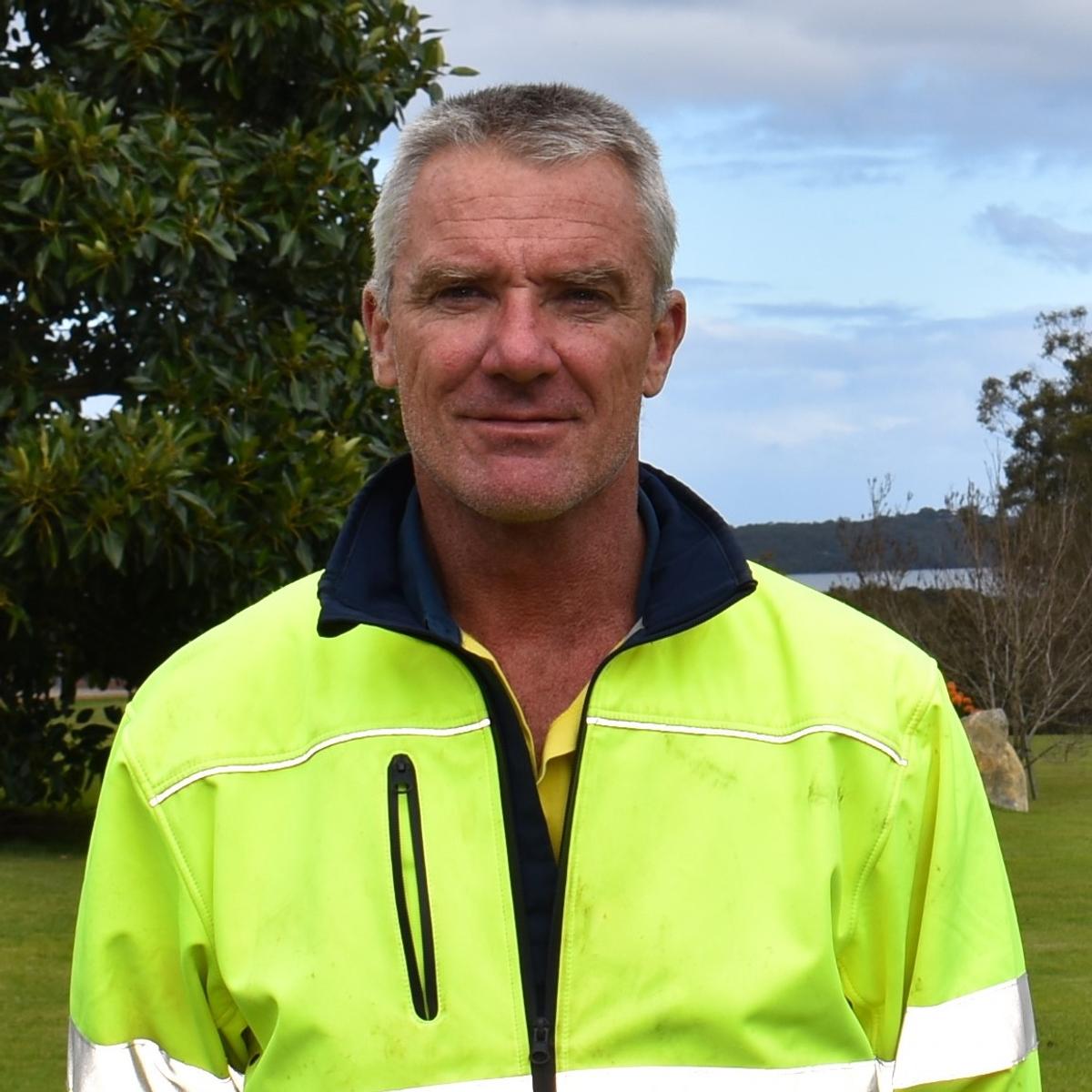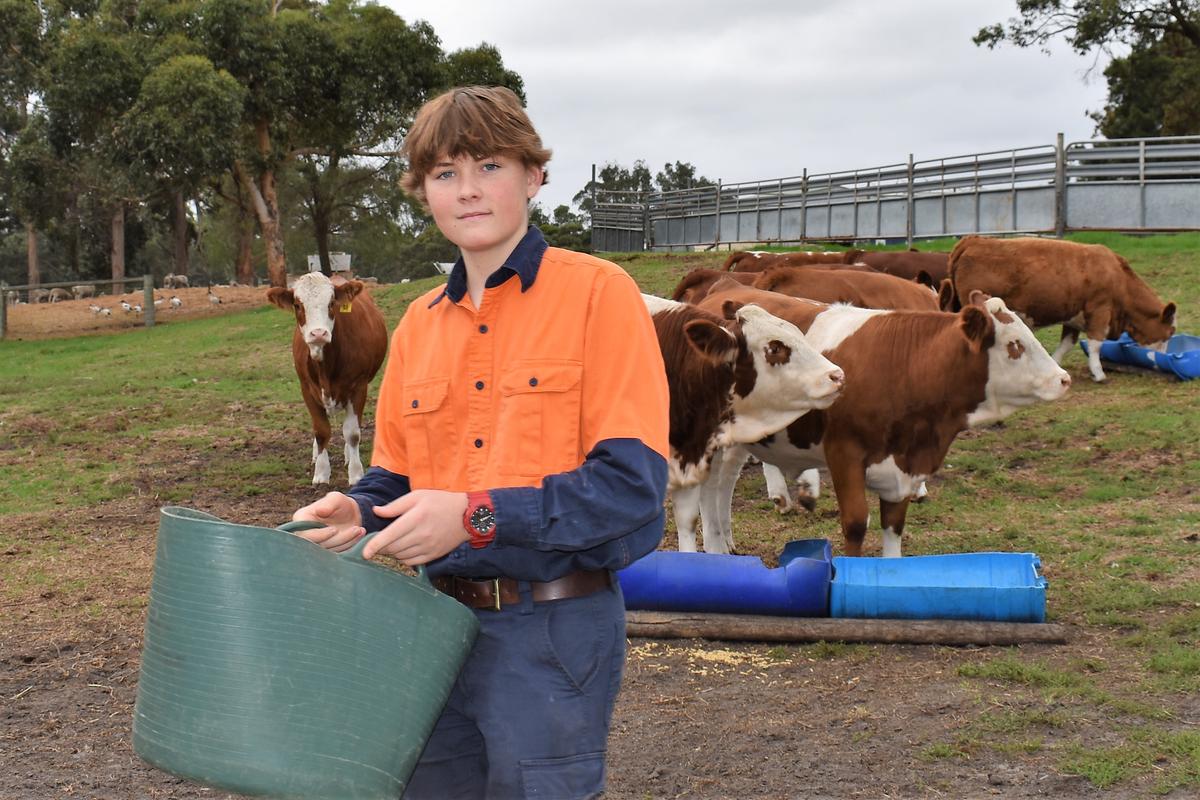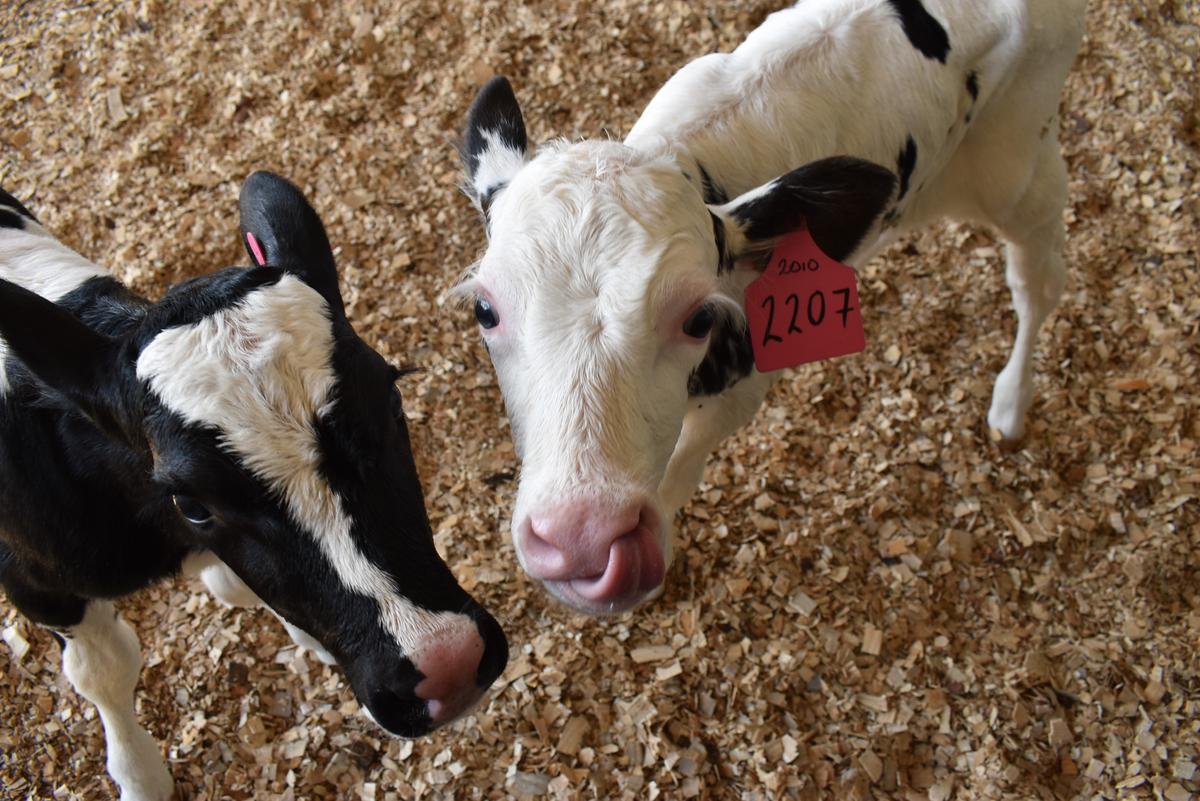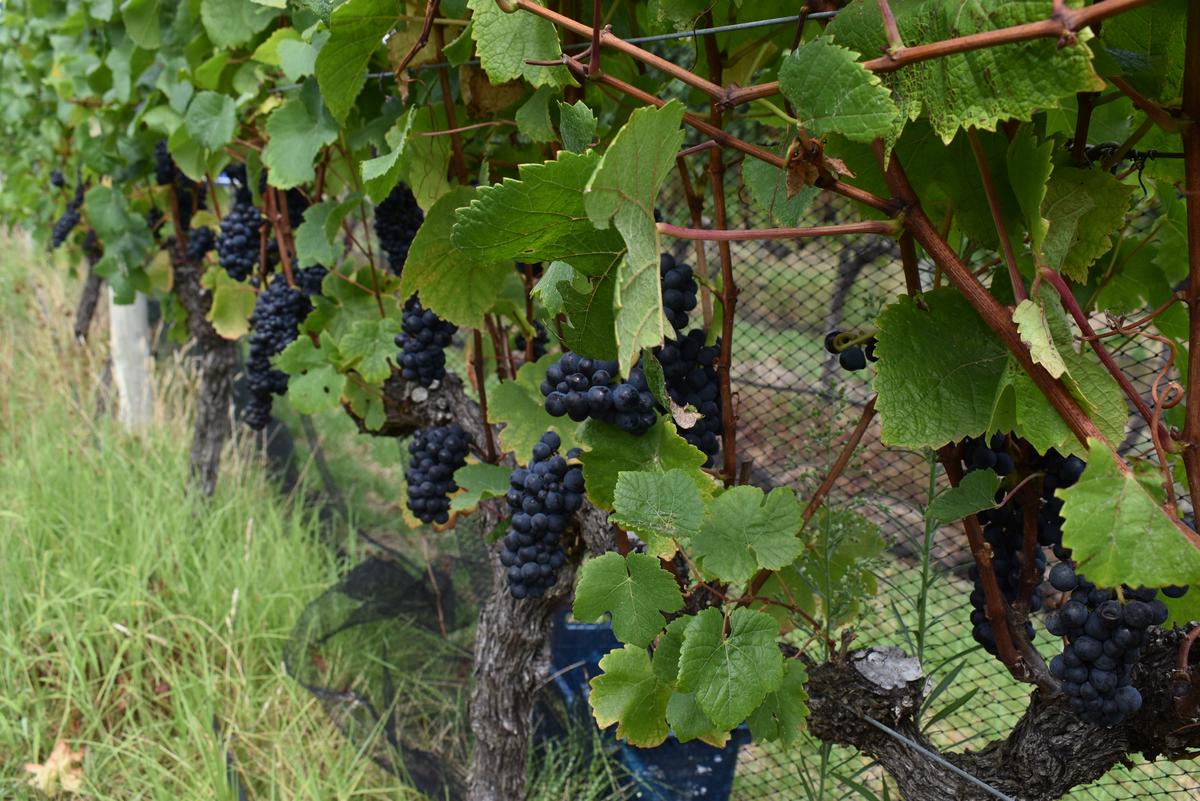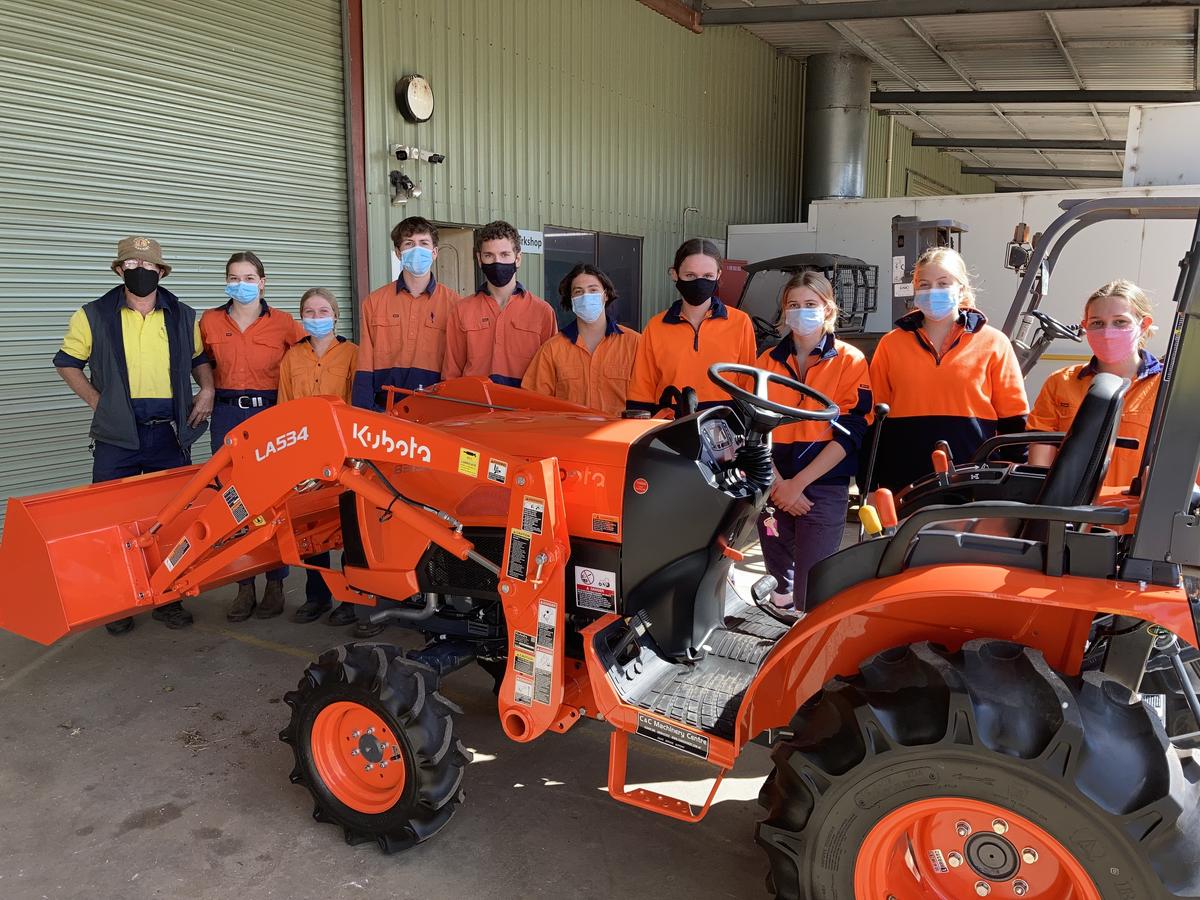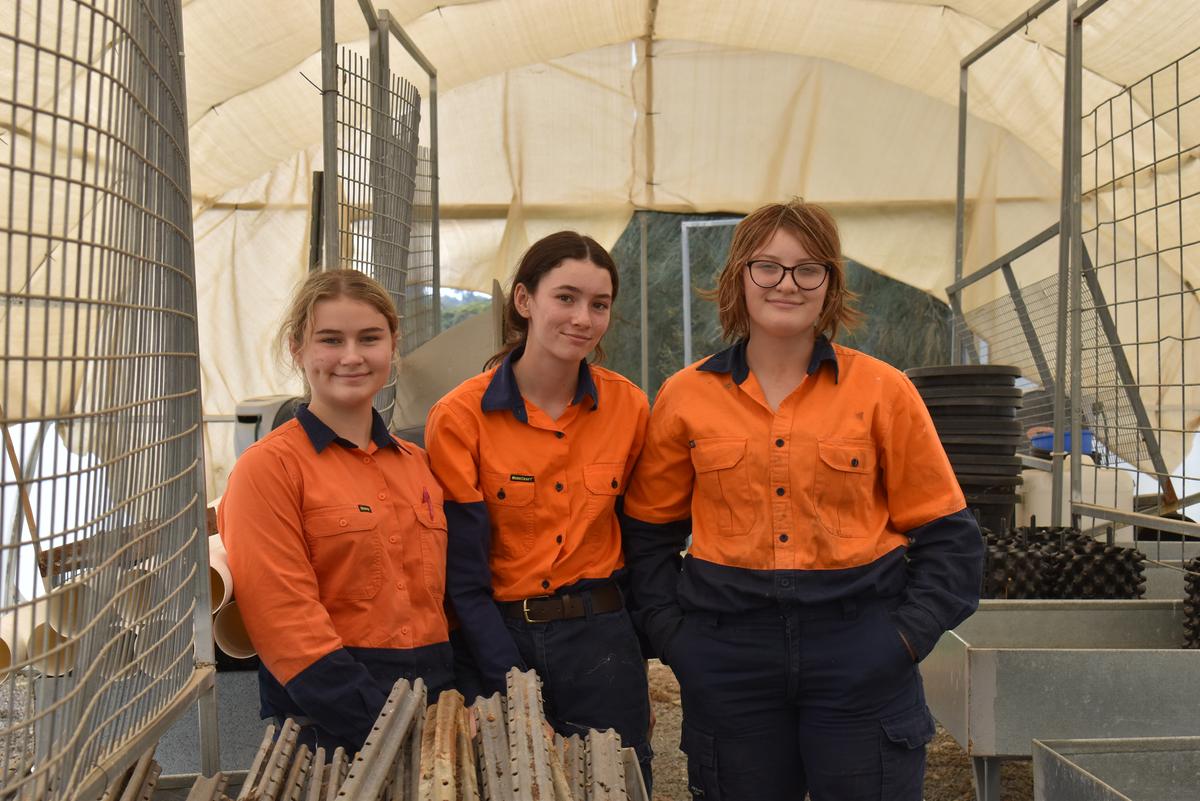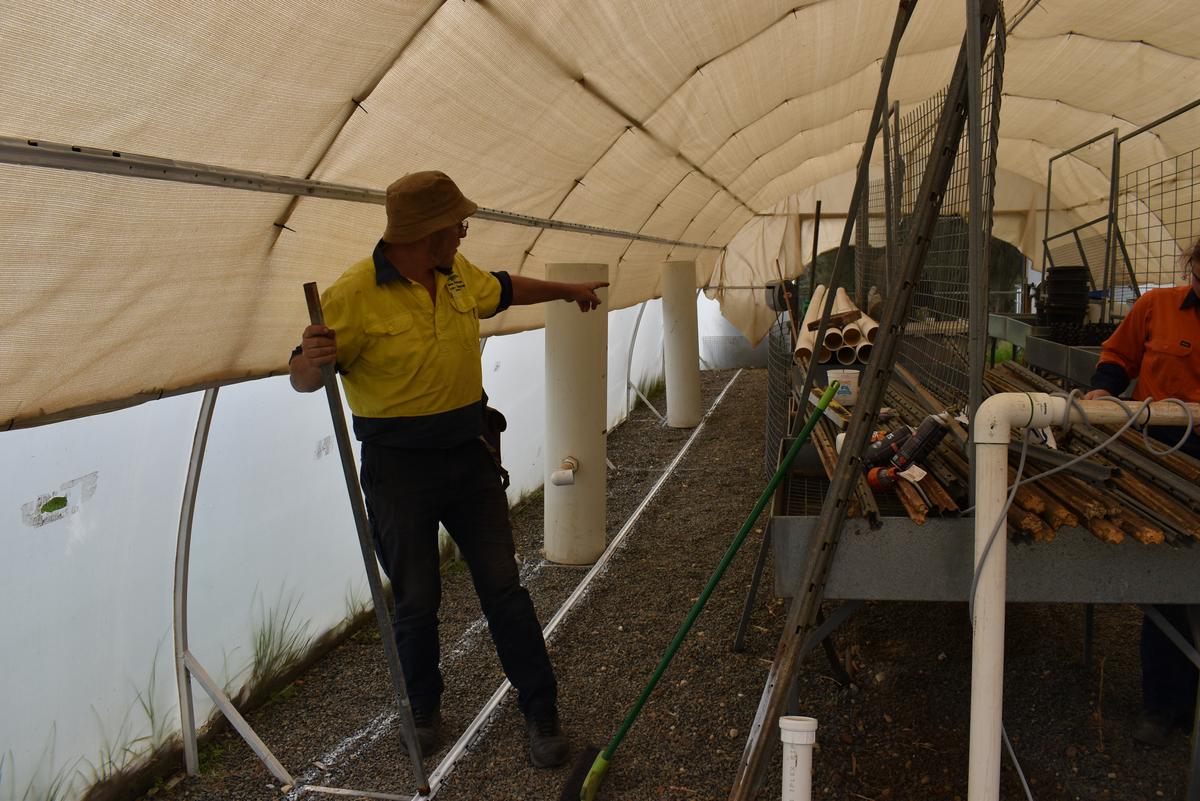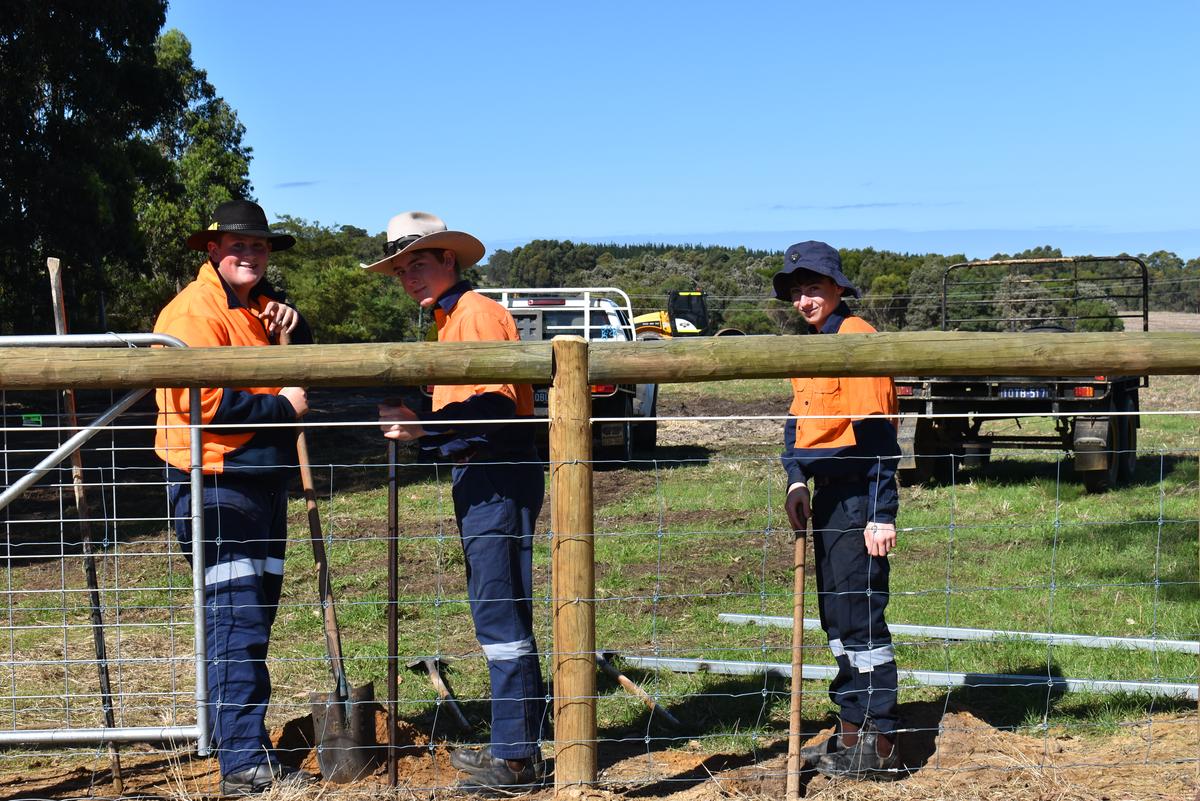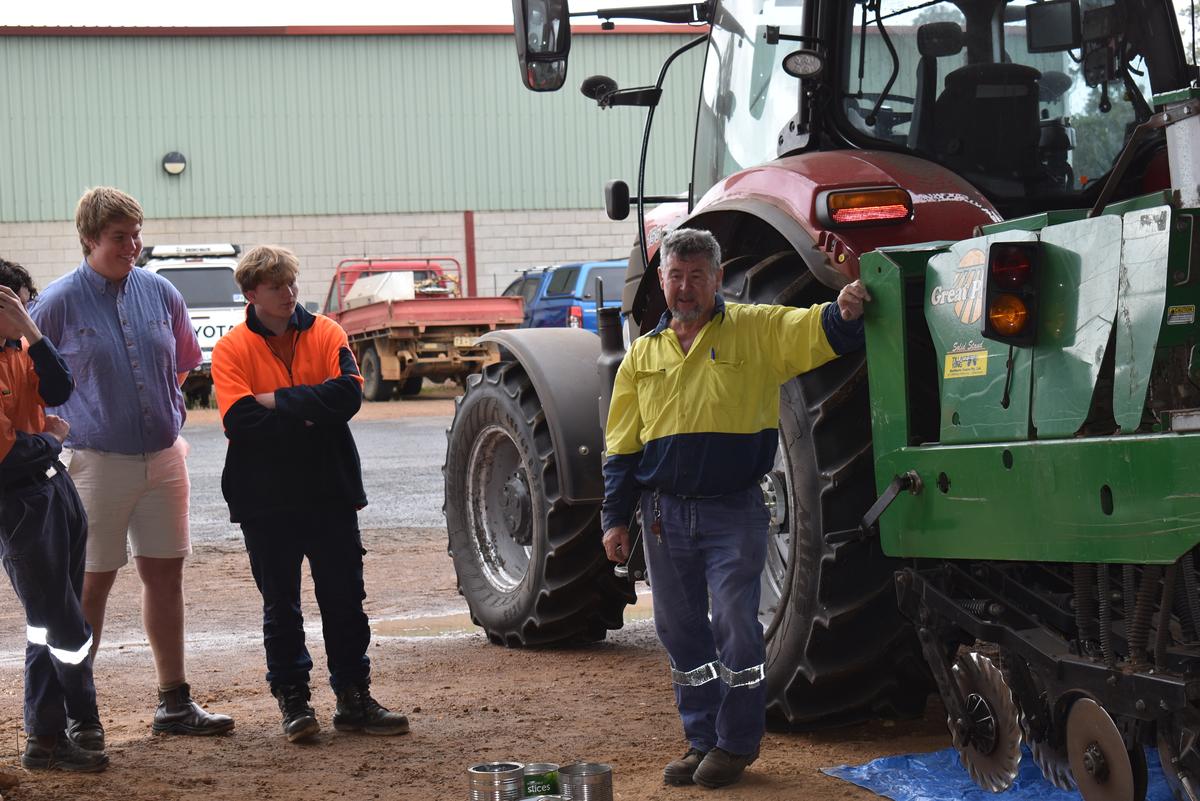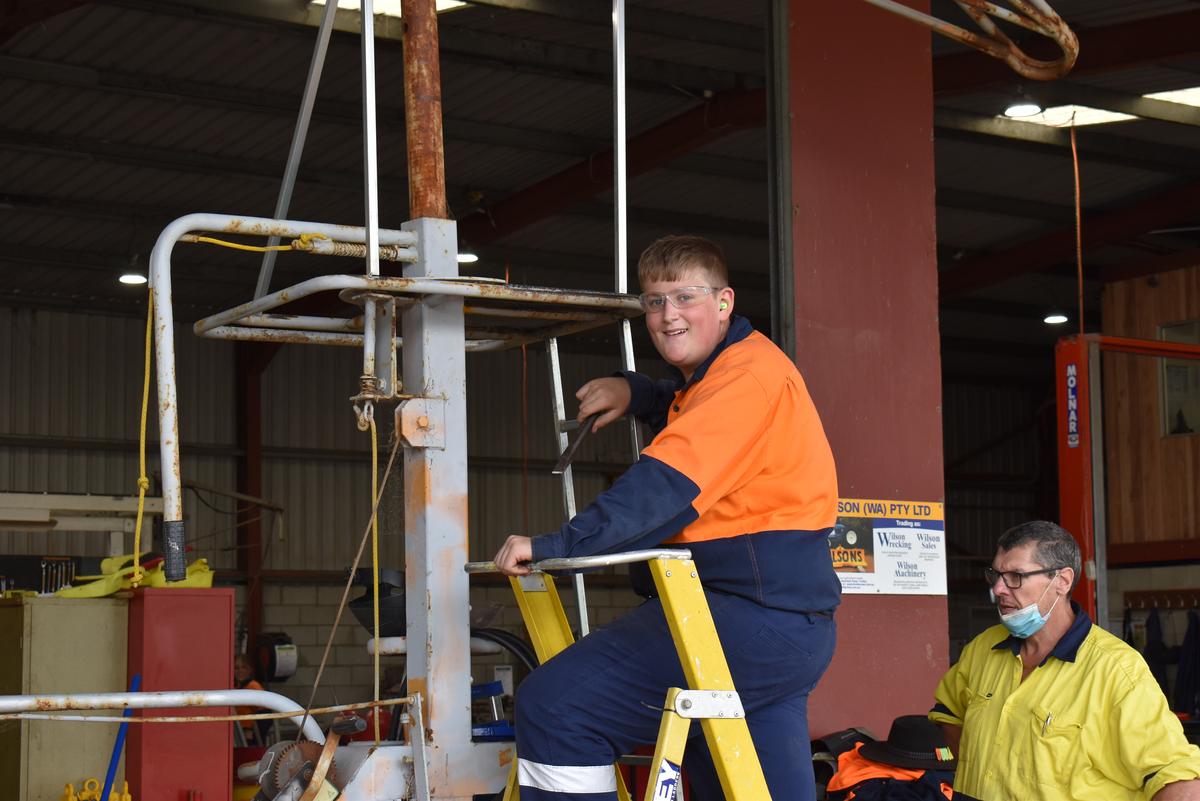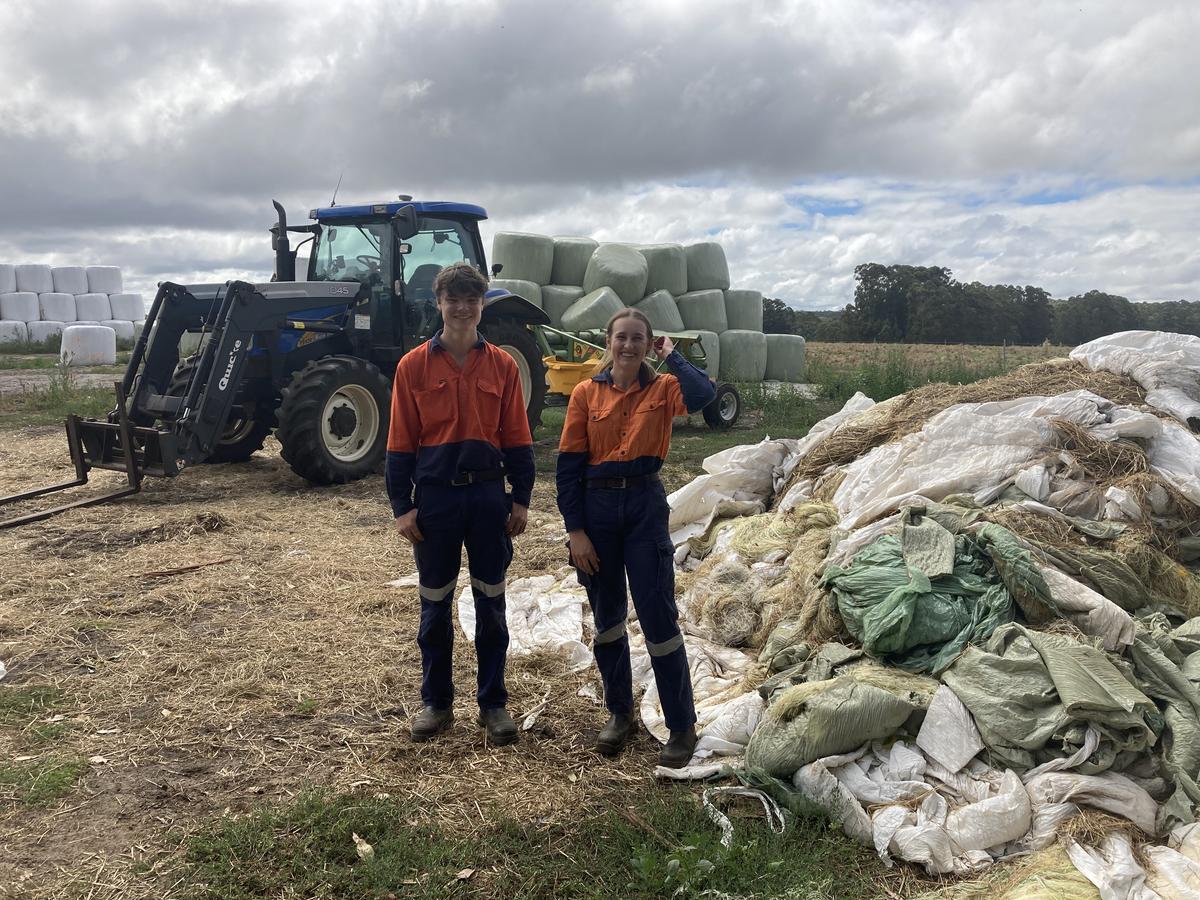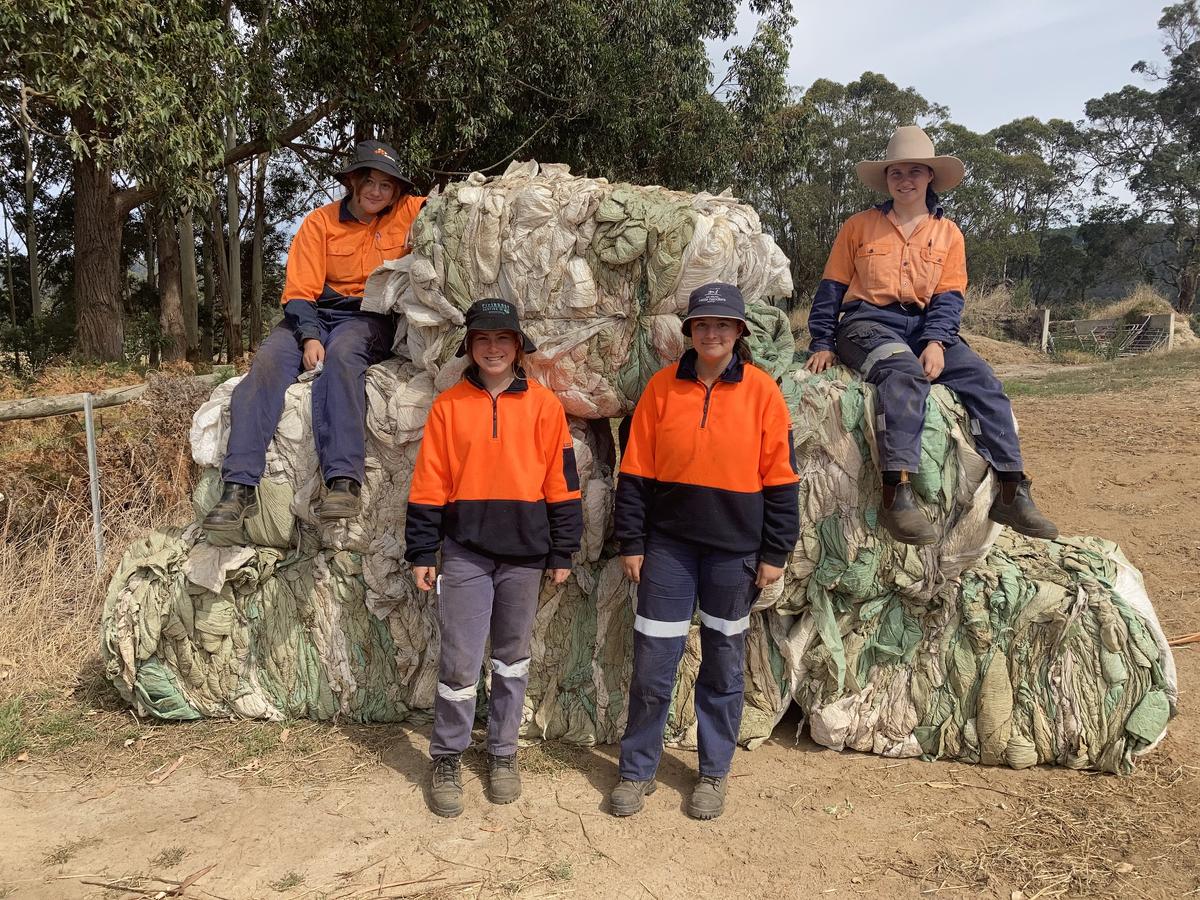Farm Manager
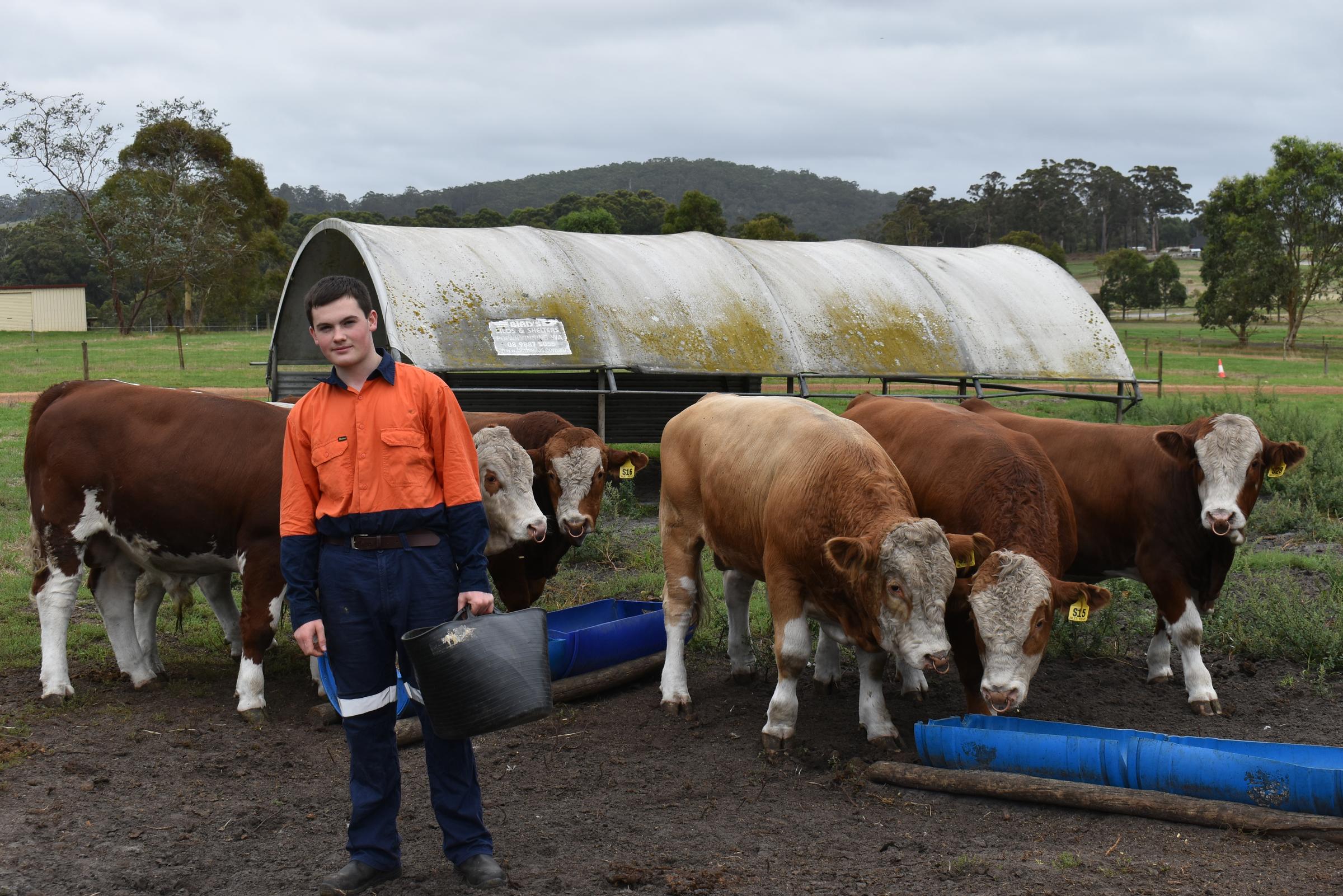
As we come to the end of the first term the farm’s activities certainly haven’t slowed down. There is always plenty to do.
Highlights of the month has been the explosion of new life across the dairy and beef herds with calving now almost complete. With minimal calving problems and low birth weights the simmental stud calves have all come with great colour and eye pigment. Along with all the livestock additions some grass has germinated and with eighty millimetres of rain during March the farm is greening up quickly.
The term has been challenging as usual attempting to place all students onto all the various work stations evenly. This was not achieved as well as planned with rosters being altered weekly to participate in group activities such as shearing, wool handling and harvesting the vineyard.
Farm staff and students have been seeding the pastures with rye grass and oats. Previously uncultivated paddocks are being renovated using the speed tiller to break up the dominant kikuyu thatch and provide an even seed bed. The seeding equipment is then able to penetrate the arable soil and place the seed accurately into the furrows.
We are pleased to announce the delivery of the new Kubota tractor predominantly used in the horticulture and avocado areas. The tractor is a thirty horse power, four-wheel drive
Kubota which comes with a front end loader and three-point linkage. Mr Thomas has been very busy removing the support poles from around the avocado trees and using the front end loader to lift them out.
Also in the horticulture area Mr Thomas has designed and is installing a hydroponic system in the existing hot-house. Vegetables will be grown in tubes of fertilised water as an alternative to the traditional methods. Students can observe how these alternative methods of production can be used within the industry.
At last road works are taking place on the eastern and Harris blocks. A local contractor has been employed to construct a large gravel road providing access to the pine plantation at the back of the property so some selective thinning can take place. Gravel is being carted to the eastern block and being levelled out providing a large turn around area at the new cattle yards.
For years’ farm staff have been trying to dispose of silage wrap plastic in an efficient and environmentally accepted standard. Research has been carried out to try and have it recycled but no companies in Western Australia will accept the material. Traditionally farmers have either buried or burnt the plastic causing serious pollution issues.
Recently the farm purchased a petrol driven hydraulic wool press off Gumtree and modified it to suit our needs. A new safety door was installed and repairs were made to the hydraulic ram. As an experiment the discarded plastic was sorted and placed into the press and compressed into one hundred kilogram bales. It was a complete success. Three months of plastic waste was packaged up and stored out of the way in only a couple of
hours. The bales can be stacked away until one day a recycling plant accepts the material.

